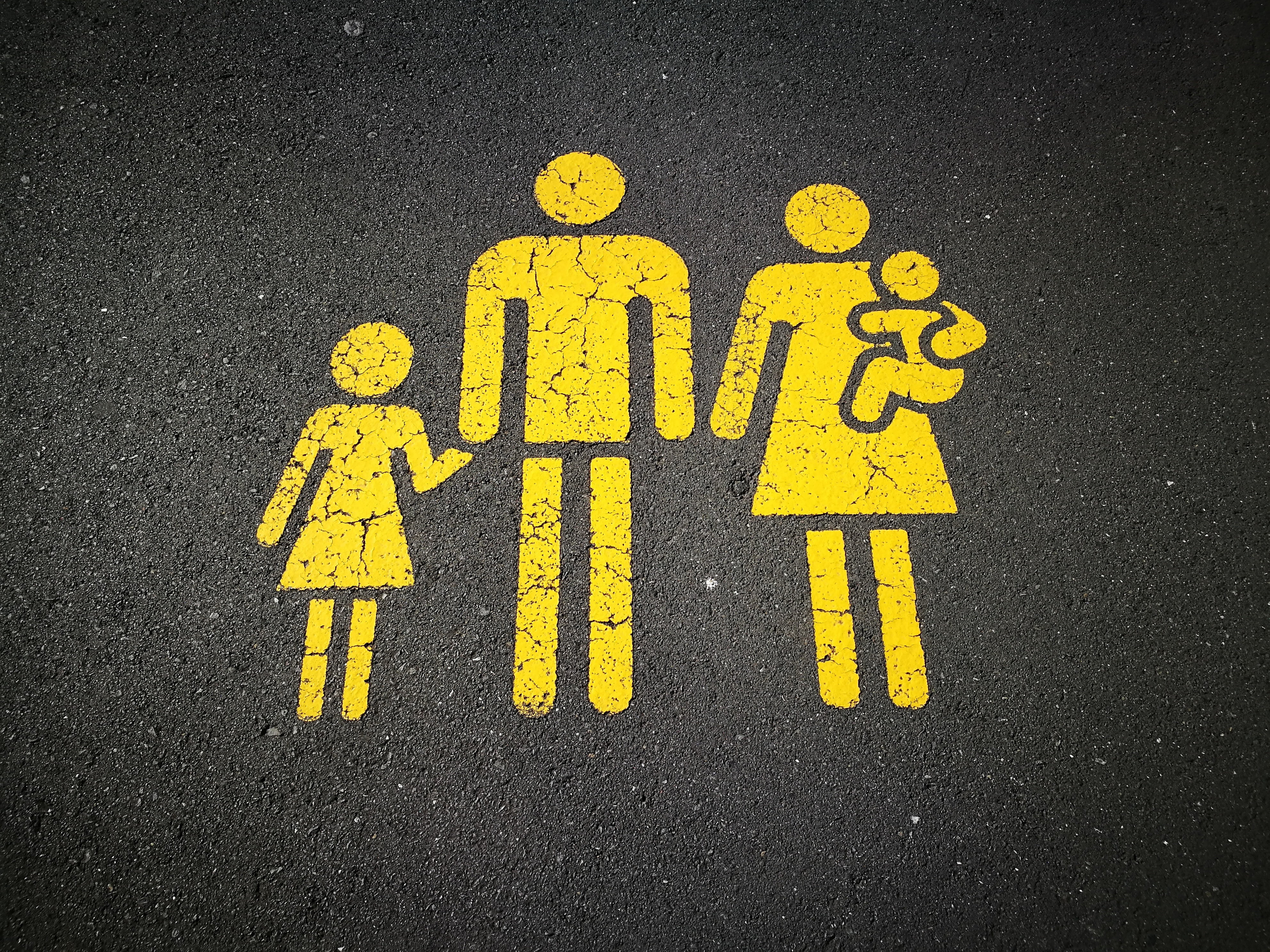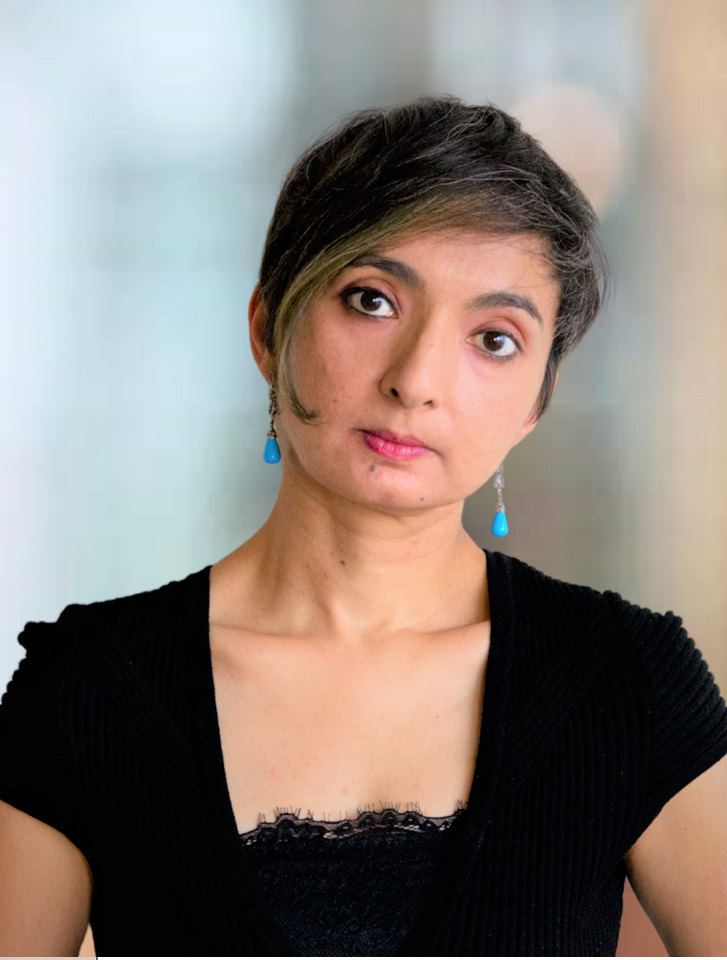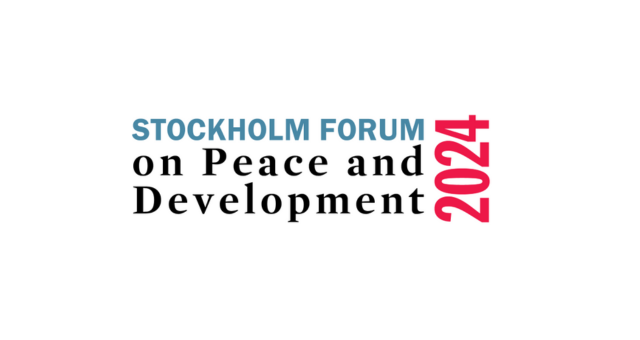Why paying women for being women is good for everyone

Imagine a world in which governments around the world commit to offering all their girls and women some form of financial credit, every year from birth through the end of their lives. In this world, states take a first step toward rebuilding political, economic and social structures that systematically marginalize women and girls. There are multiple scenarios through which such a programme could work, varying, for example, by the age at which the fund is accessible, who else could (or could not) access it, and the guidelines that determine how it can be spent.
No matter what, such a programme has the potential to strengthen and enrich multiple measures of democracy .
Consider first how it could help overall economic growth for everyone. Research shows that investments in women tend to have ripple effects, because women are more likely to channel their incomes back into their families and communities. They could use the money to pay down debt, start a business and increase purchasing power, thereby benefiting everyone. It could also help mitigate the effects of the extant gender pay gap; in September, the International Labour Organization reported that women are paid about 20 per cent less than men.
Access to special funding could also help free women from violence. The WHO estimates that 30 per cent of women worldwide have been subjected to physical and/or sexual violence, and research shows that women who suffer domestic abuse are also often victims of economic abuse. Without financial independence, they may be forced to return to abusive relationships. Independent access to money could thus be lifesaving for a significant portion of the population.
In all regions of the world, women face higher rates of poverty than men. This gap is due to longstanding problems like the disproportionate number of women who work in the informal economy, often without labour protections and benefits. Women also work longer workdays (for less pay). Some of their labour also involves unpaid care work. An economic stimulus for women would help mitigate this inequality, akin to how the “child tax credit” in the US lifted 3.7 million children out of poverty.
A similar idea is the implementation of universal basic income (UBI) to address inequality. UBI has multiple benefits, but it does not single women out and therefore is not able to acknowledge the unique violations women have suffered and continue to endure.
Theoretically, the budgetary impacts of levelling the economic field for women would impact the power of long-established, wealthy interest groups, who may then be incentivized to support stronger and more effective action to address gender inequality. Additionally, given the intersectional nature of women’s marginalization, this benefit would also positively impact minority groups.
Critically, it could transform gender inequality from being a “women’s issue” to being everyone’s concern.
At the very least, more people would be talking about it. Hopefully, though, more people would be doing something about it.



